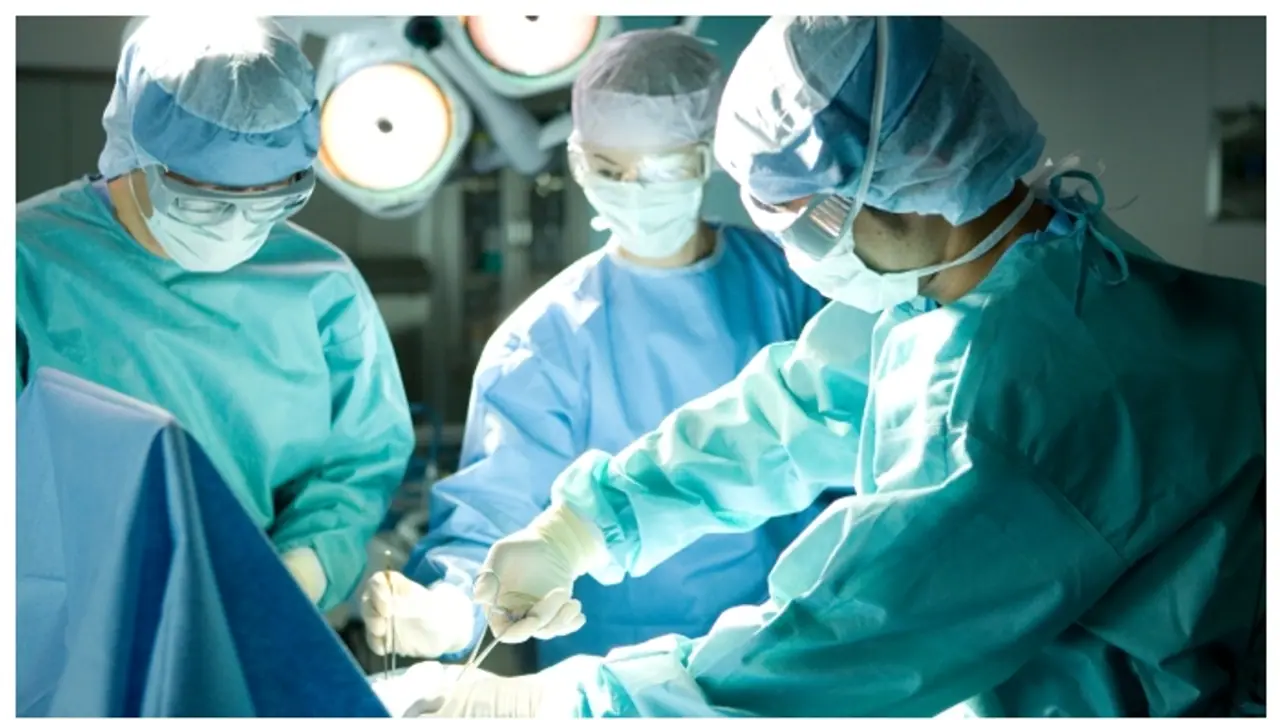The Awake Craniotomy technique involves performing surgery while the patient is conscious, allowing for real-time monitoring of brain function.
(Image for representative purpose only. Credit: Getty Images)

In a remarkable medical achievement, doctors at the Kalyan Singh Cancer Institute in Chak Ganjaria, Lucknow, successfully removed a brain tumour from a 56-year-old patient using the Awake Craniotomy technique. The patient, Harishchandra Prajapati from Lucknow, remained awake and engaged in using his mobile phone throughout the surgery, a testament to the technique’s effectiveness in minimizing nerve damage.
Harishchandra Prajapati had been enduring severe headaches and weakness in his left hand and leg. After a diagnosis of a brain tumour at a private hospital, where he was warned about the risk of potential paralysis, Prajapati's family sought advanced treatment at Kalyan Singh Cancer Institute.
The Awake Craniotomy technique involves performing surgery while the patient is conscious, allowing for real-time monitoring of brain function. This approach is crucial for minimizing risks to essential nerves that control motor functions. Prajapati was administered only local anesthesia during the procedure and actively participated in tasks such as using his mobile phone, holding a pen, and moving his legs. This interactive engagement enabled the surgical team to precisely map the brain’s functional areas using a nerve monitoring machine, ensuring the safe and effective removal of the tumour.
Dr. Vijendra Kumar, head of the neurosurgery department at Kalyan Singh Cancer Institute, explained the rationale behind choosing the Awake Craniotomy technique. "We opted for this approach to minimize the risk of nerve damage, which could have led to significant functional impairments," he told Times of India.
Dr. Devashish Shukla, medical superintendent of the institute, emphasized the role of advanced technology in the surgery. "The mapping of the brain was performed using a nerve monitoring machine, which was instrumental in guiding the surgery and preserving critical brain functions," he noted.
The surgical team comprised Dr. Vijendra Kumar, Dr. Amit Upadhyay, Dr. Vipin Sahu, and resident Dr. Anjani Singh. The anesthesia department, led by Dr. Asim Rashid and assisted by Dr. Ruchi Saxena and senior resident Dr. Shruti, played a crucial role in the procedure's success, ensuring the patient’s comfort and stability throughout the operation.
